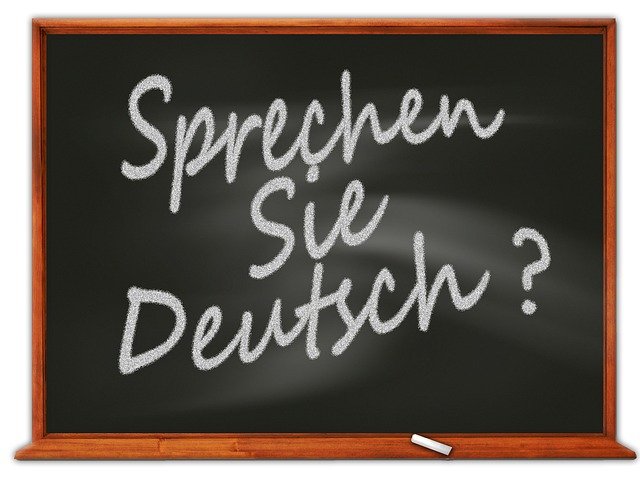If you’re just starting to learn German or just interested in countries where German is spoken or taken a course of German Listening, you might like these fun facts about the German language.
German is the official language in one of the African countries
You probably already know that German is spoken not only in Germany, but also in Austria, Switzerland, Liechtenstein and South Tyrol (Northern Italy). But did you know that in the African country of Namibia, German is the official language, along with English? Germany was the colonizer of Namibia from 1884 to 1915, which greatly influenced the local culture. Now among the inhabitants of Namibia, only 7% of Europeans, but German nevertheless remains one of the important languages for this country.
Numbers reversed
Everyone who learns German has probably come across this interesting feature: in German, numbers after 20 are read the other way around! Let’s take the number 97, in English and many other languages, we will first call the first number, and then the second. But in German, everything is done in the reverse order: 97 will be read as sieben-und-neunzig (literally 7 and 90).

Greeting in Bavarian
The first word that everyone recognizes in German is “hello”. In most situations, this word will be enough for you to say hello. But in the south of Germany, in Bavaria, you can often hear “servus” with the stress on the second syllable. This word is from the Latin language, from the word for servant. The meaning of greeting is at your service, can be used as both “hello” and “goodbye”. This greeting is also used in Austria, Slovakia and Hungary.
By the way, in northern Germany you can hear “moin”, so they pronounce the familiar in Germany “morgen!”
Germans say “chao”
Italians greet and say goodbye to each other using the word “ciao!” (chao). But did you know that German-speaking countries also use this word? “Siao” comes from the Italo-Venetian language. Its meaning is the same as that of “servus”, which we discussed above, and it is actively used in some German dialects and in Switzerland.

The Germans are knocking on the desk!
We are used to clapping at the end of a lecture or presentation at the university. You would be surprised to find yourself in a class in Germany, because here, instead of applause, people bang their fists on the table – as a sign of respect for the speaker.




